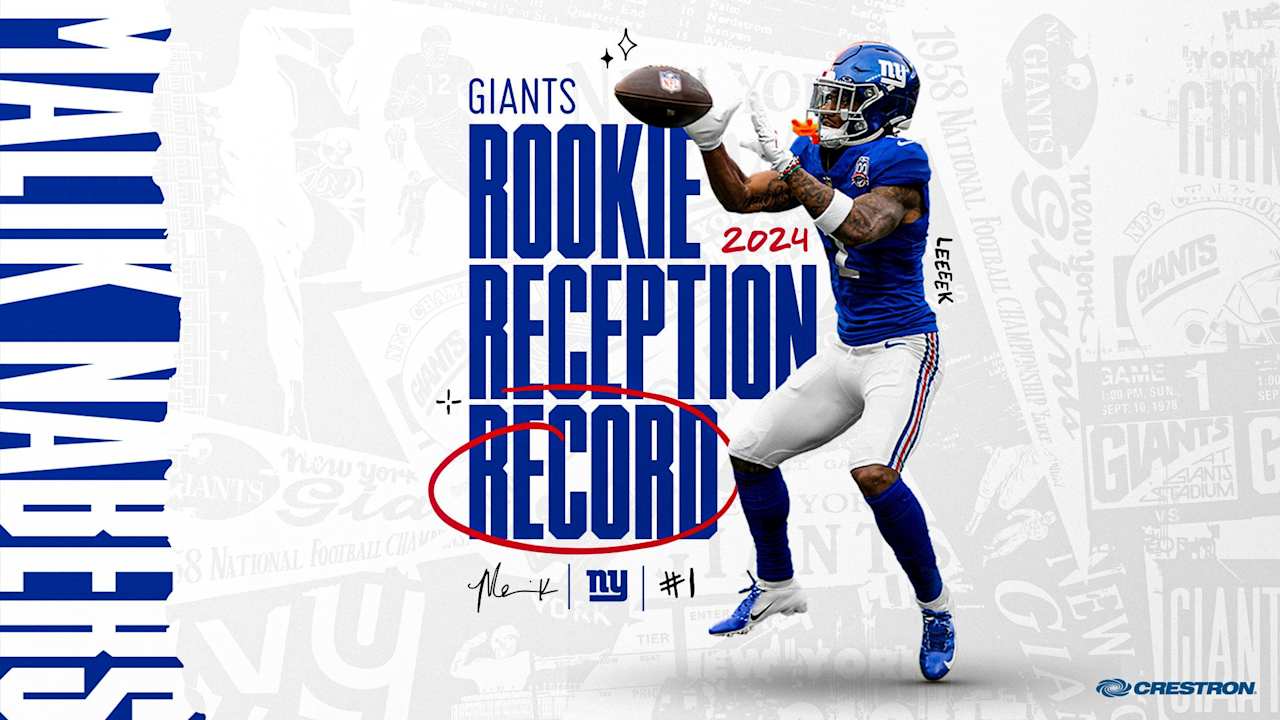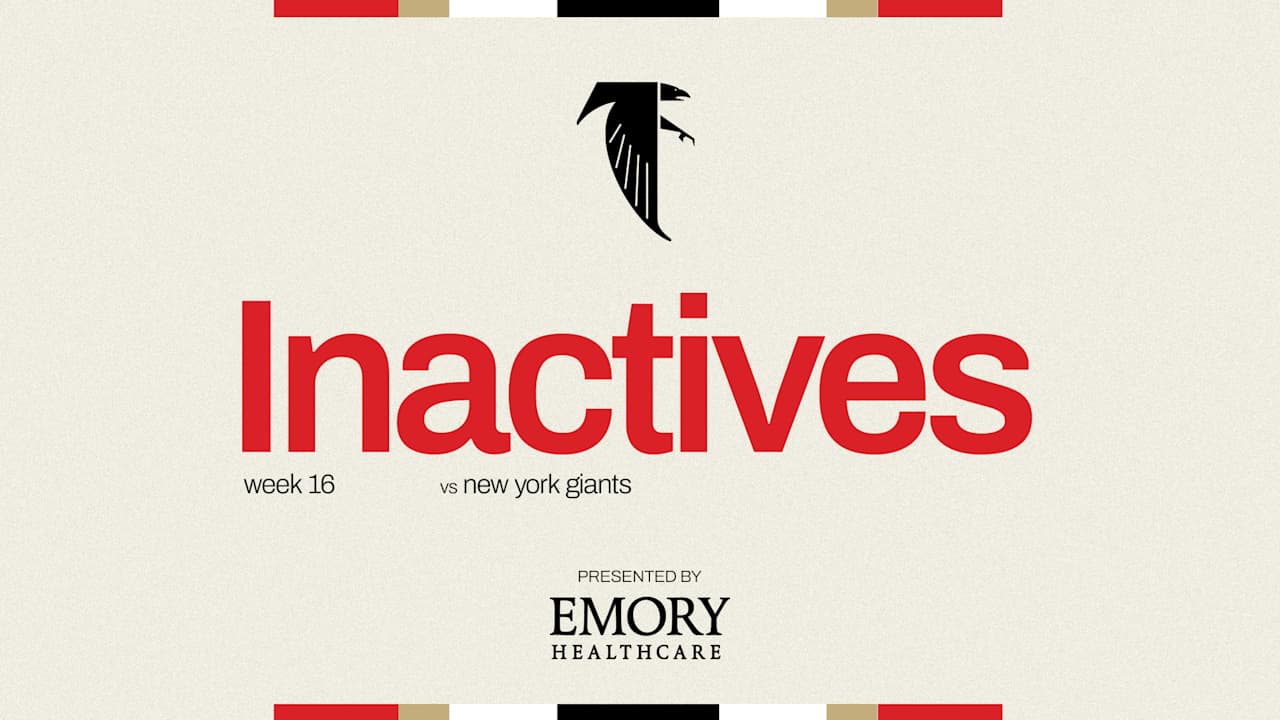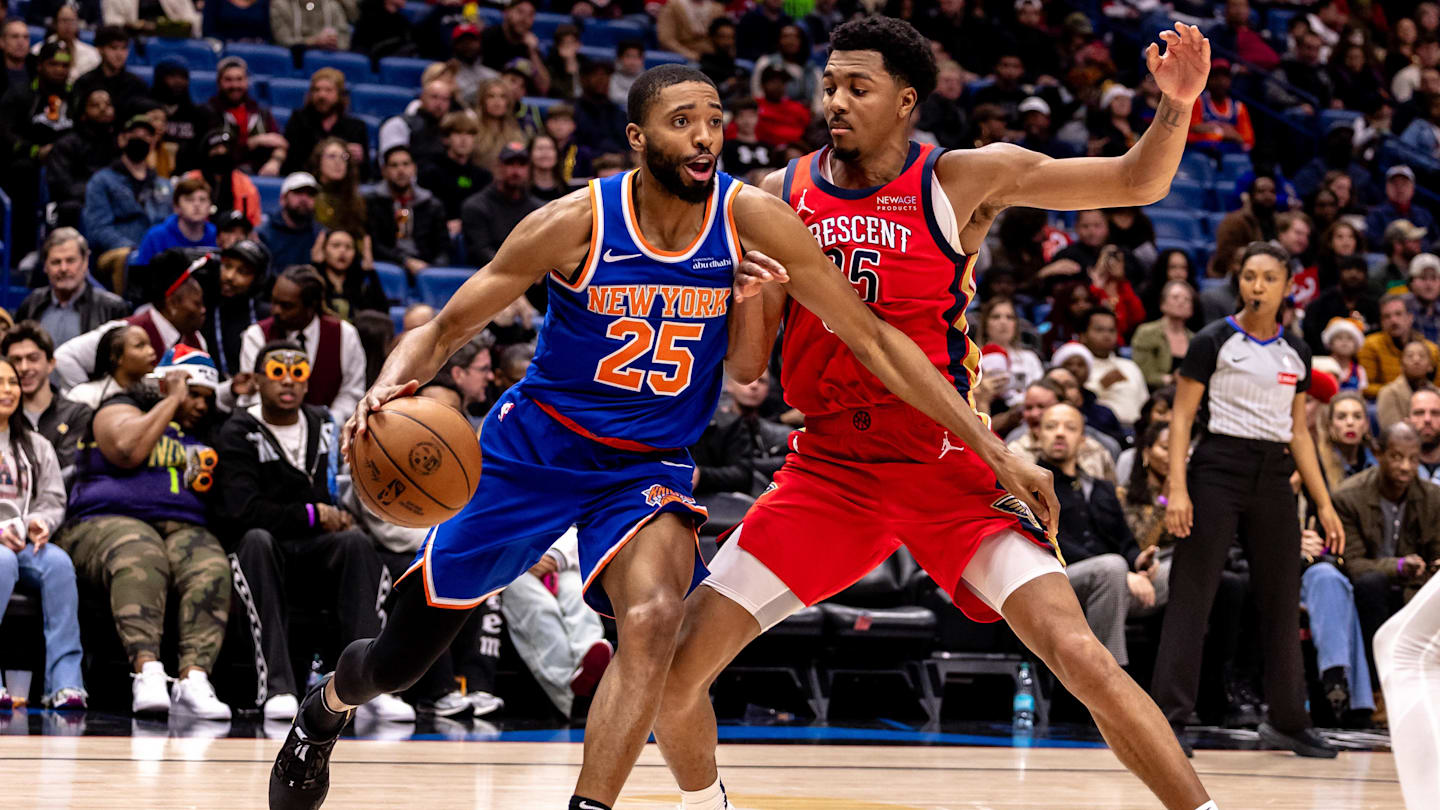World
UN reveals how many female athletes have lost medals to trans opponents in explosive report

Female athletes have lost nearly 900 medals to transgender rivals competing against them in women’s sporting categories, an eye-opening United Nations report has revealed.
The study — titled “Violence against women and girls in sports” — stated that more than 600 female athletes have been bested at various events by competitors who were born male.
“According to information received, by 30 March 2024, over 600 female athletes in more than 400 competitions have lost more than 890 medals in 29 different sports,” the report said.
“The replacement of the female sports category with a mixed-sex category has resulted in an increasing number of female athletes losing opportunities, including medals, when competing against males.”
The wide-ranging report, compiled by Reem Alsalem, the UN special rapporteur on violence against women and girls, was presented to the UN General Assembly earlier this month.
The paper didn’t elaborate on at what sporting events the medals were won, or over what time frame.
It did, however, note that “policies implemented by international federations and national governing bodies” had allowed athletes born male to compete in women’s sporting categories.
Alsalem went on to argue that male athletes had specific attributes — including higher strength and testosterone levels — that are advantageous in certain sports and can result in the “loss of fair opportunity” for female competitors.
“Some sports federations mandate testosterone suppression for athletes in order to qualify for female categories in elite sports. However, pharmaceutical testosterone suppression for genetically male athletes — irrespective of how they identify — will not eliminate the set of comparative performance advantages they have already acquired,” she wrote.
“This approach may not only harm the health of the athlete concerned, but it also fails to achieve its stated objective. Therefore, the testosterone levels deemed acceptable by any sporting body are, at best, not evidence-based, arbitrary and asymmetrically favor males.”
Alsalem presented the findings as she called on the UN to implement stronger protections for women and girls in sports.
The independent expert argued that open categories should be created for sports and that “non-invasive, confidential and simple sex screenings” are necessary to ensure inclusivity and guarantee fairness for women.
Separate from the trans debate, Alsalem argued that females also face what she referred to as “multiple forms of violence” when it comes to sports.
In particular, she offered up harmful social stereotypes, pervasive sexism and limited access to training facilities, infrastructure and resources as examples.
“Women and girls already have many odds stacked against them that impede their equal and effective participation in sports. In addition, their ability to play sport in conditions of safety, dignity and fairness has been further eroded by the intrusion of males who identify as female in female-only sports and related spaces,” Alsalem said.
The report surfaced as transgender participation in women’s sports remained high on the agenda leading up to the elections.
In New York alone, billboards opposing the state’s proposed “Equal Rights Amendment” — which critics claim would allow trans athletes to compete against women in sports — have been sprouting up ahead of the Nov. 5 ballot.
“Vote No to ERASING Women,” screamed one billboard outside the New York State Fairgrounds in Syracuse. “Vote No to Prop 1 Nov 5th.”




![[!LIVE-FOOTBALL@!]+ Commanders vs Eagles Live Stream ! Atlanta Falcons vs New York Giants LIVE , player stats, standings, fantasy games TV channels and more HS8079 [!LIVE-FOOTBALL@!]+ Commanders vs Eagles Live Stream ! Atlanta Falcons vs New York Giants LIVE , player stats, standings, fantasy games TV channels and more HS8079](https://www.reddotdigitalit.com/wp-content/uploads/2021/05/Streaming-Platform.jpeg)





